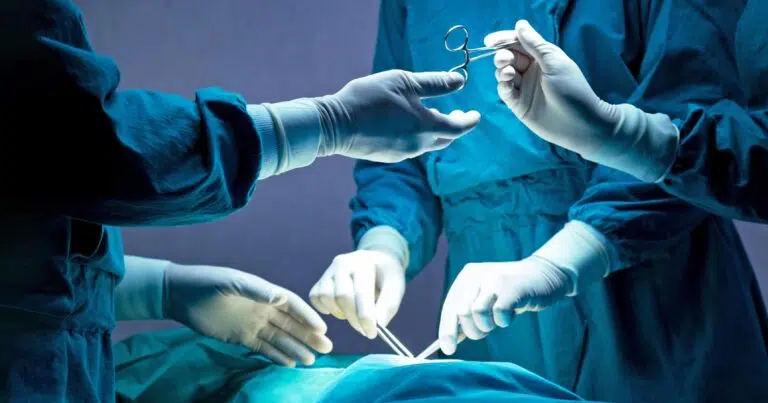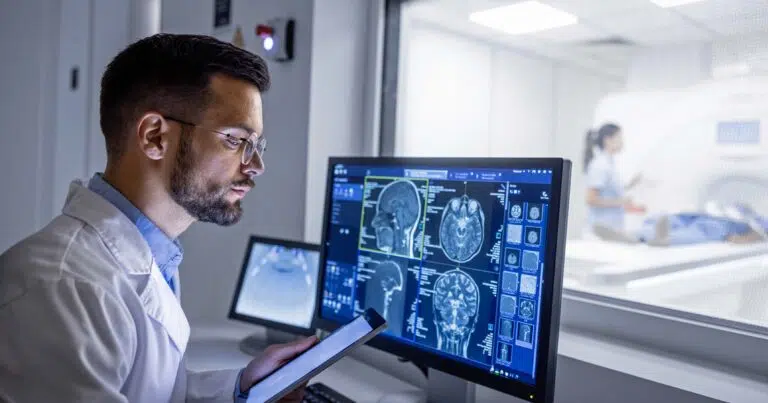Histology Tech Career Guide
Looking for a different career guide?
Overview
Histology technicians play a crucial role in the field of healthcare by preparing tissue samples for microscopic examination. This role requires precision, attention to detail and a strong understanding of human anatomy. If you are interested in contributing to the diagnosis and treatment of diseases through the study of tissue samples, becoming a histology technician might be the
Education
To become a histology technician, you typically need an associate degree in histotechnology or a related field. Some programs may offer histotechnology as a specialization within a broader medical laboratory technology program. Accredited programs are available at community colleges, technical schools and universities. The Histotechnician (HT-ASCP) certification is granted by the American Society for Clinical Pathology.
Qualifications

Skills
Histology technicians need a combination of technical skills and qualities. They must be skilled in using laboratory equipment, following protocols and handling delicate specimens. Attention to detail, organizational skills and the ability to work efficiently under time constraints are essential. Effective communication skills are also important when interacting with pathologists and other laboratory staff.
Responsibilities
Histology technicians are responsible for processing tissue specimens, preparing slides, staining samples, maintaining laboratory equipment, ensuring safety and quality control measures and documenting procedures accurately.
Salary Insights
The average salary for a Histology Tech is $1,753.42 per week.
Last updated on January 14, 2025. Based on active jobs on Vivian.com.
Pros & Cons
Becoming a histology technician offers several benefits. It is a vital role in the medical field, contributing to accurate diagnoses and treatment plans. The work environment is typically indoors and laboratory-based, providing a stable and predictable work setting.
However, the role also has its challenges. Handling delicate specimens requires precision, and the repetitive nature of the tasks may be demanding for
Some of the content on this page was enhanced using artificial intelligence.
Join over 1 million healthcare workers that are getting a head start with Vivian.
Join Vivian





